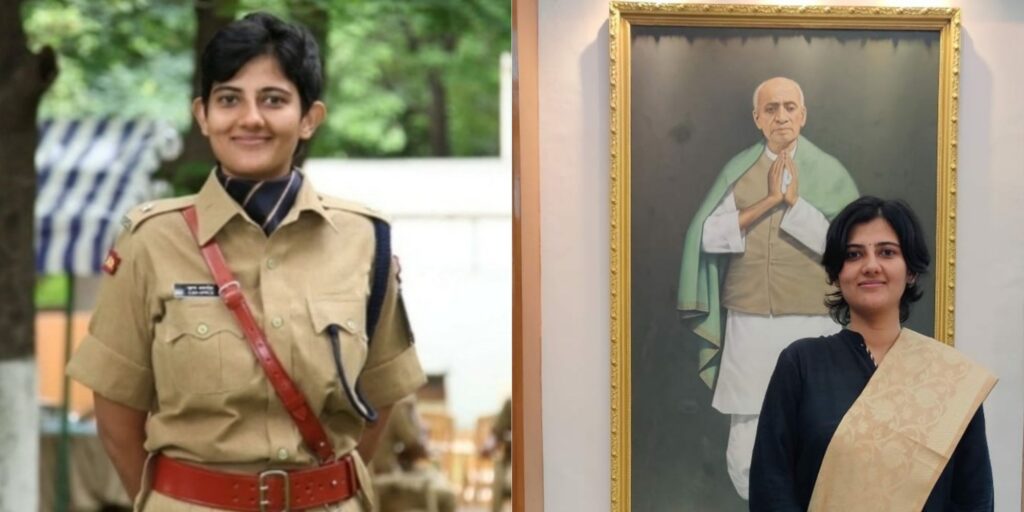When her father died suddenly, 14-year-old Ilma Afroz stood at the edge of a future that seemed uncertain. Raised in a small village near Moradabad, she watched her mother shoulder the weight of survival while her brother chose to invest in her education rather than follow social conventions of arranging a dowry.
What followed was a journey that carried her from the narrow lanes of Kundarki to the cloisters of Oxford University, and eventually back home, wearing the uniform of the Indian Police Service.
An Education Against the Odds
Ilma’s early schooling was modest, but her aptitude secured her admission to St. Stephen’s College in Delhi, where she studied philosophy. It was there, she recalls, that debates on ethics, Gandhi, and the idea of justice reshaped her outlook.
Her promise was recognized abroad. She won a scholarship to Oxford’s Wolfson College, where she immersed herself in international discourse and found herself at home in the storied halls of the Oxford Union.
Choosing Service Over Comfort
For a time, Ilma worked in New York, where she joined volunteer initiatives while contemplating a career abroad. But the skyline of Manhattan could not quiet the question she carried: Was her education meant for a “foreign dream,” or for the community that had nurtured her?
The answer pulled her back to India. She prepared for the Union Public Service Commission exams, one of the most demanding competitions in the world, and in 2017 earned an All-India Rank of 217. She chose the Indian Police Service, assigned to the Himachal Pradesh cadre.
A Mission Beyond the Uniform
Even before she joined the IPS, Ilma founded Hope, a grassroots initiative to provide education for underprivileged children in her village. It was, she said, a way to ensure that the promise of opportunity extended beyond her own story.
“My mother taught me the value of hard work, and my brother gave me the gift of education instead of dowry,” she often recalls. “Whatever I am today, it is because of that faith.”
Symbol of Possibility
Today, Ilma Afroz stands as both an officer of the law and a symbol of resilience. Her story defies the boundaries of class, geography, and circumstance—demonstrating how loss can be transformed into a life of purpose.
In the shadow of her father’s absence, she built not only a career but a calling: to serve the very nation whose villages, like her own, hold countless others still waiting for their chance.


